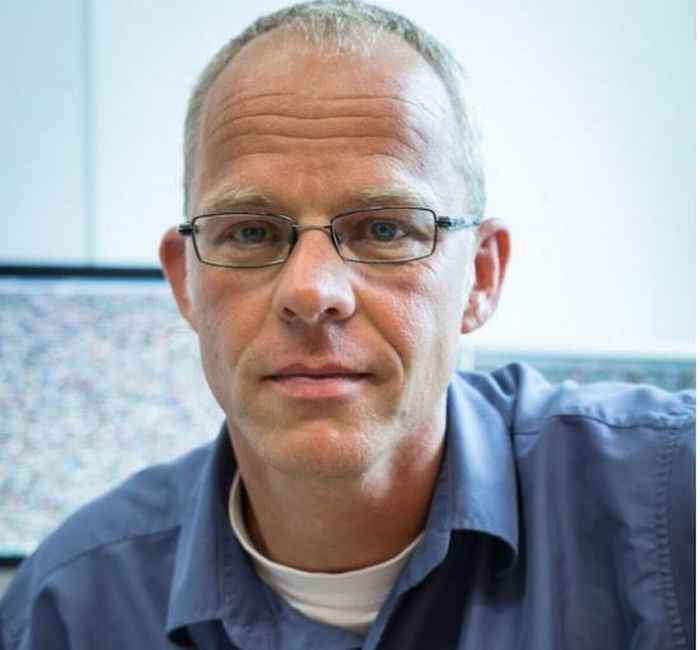LAB42 stimulates innovation
9 July 2020

Marcel Worring, director of ICAI Amsterdam
He is a strong advocate of bringing together researchers, students and businesses to work together in the field of AI and informatics under one roof. ‘Businesses that will be settling here have access to talent and top-tier academics. Moreover, they will form part of a community with academics, students and other businesses. It’s an inspiring environment that stimulates innovation.’
Scale-up
The Faculty of Science has already been working for some time with large enterprises like Albert Heijn, Bol.com, Elsevier, TomTom and Bosch, and also with organisations such as the police and the City of Amsterdam. This takes place in research labs that form an integral part of the Informatics Institute and leads to new smart algorithms in your phone, your webstore and your car. ‘In terms of co-creation, we’re focusing particularly on small and medium-sized enterprises active in AI and Informatics – businesses that want to progress from start-up to scale-up,’ says Worring, who is also a member of the team promoting co-creation.
Chain
‘The SME sector is an important part of society and is continually looking for innovations. However, small and medium-sized enterprises often lack large research departments, which can accelerate innovation. Working together in LAB42 can create synergies that you wouldn’t otherwise get. This makes the concept unique. We aim for a chain that stretches from fundamental research through to practical application.’ A total of two floors in the building will be configured for co-creation. ‘We still need to determine how much space businesses can hire and at what price.’
Explore rooms
The aspect currently being developed is the service concept. ‘We’re considering the question of what services are a good match for co-creation. These can include standard services like internet facilities, well-designed workspaces and coffee corners, but also special rooms for brainstorming sessions and meetings and dedicated “exploration rooms”. These are demonstration-oriented rooms in which businesses can work hands-on with data to discover a huge range of AI possibilities, leading to new business activities.’
Community
A community manager will be responsible for building a community, which will be assigned its own space in the building in order to bring people together and organise events such as student fairs. Worring: ‘This will be an environment where businesses, along with their ideas and assignments, can come into contact with students, who in turn will have the opportunity to carry out their graduation assignments in-house and use the workspaces there. The community is where we’ll share knowledge, new ideas will arise and we’ll help each other progress. This will be crucial for both the academic and business communities.’